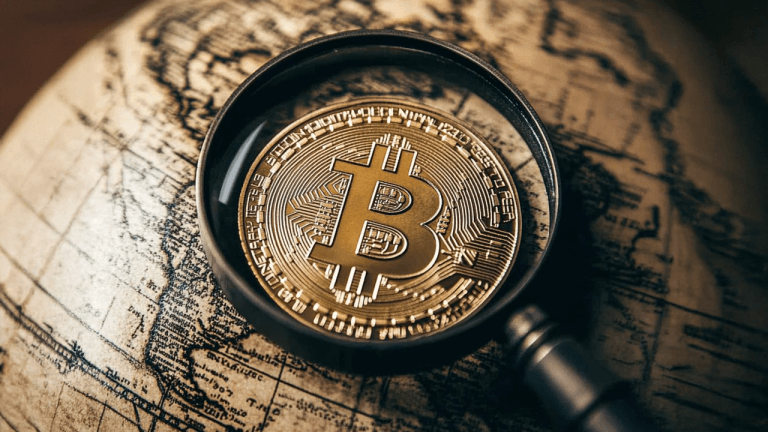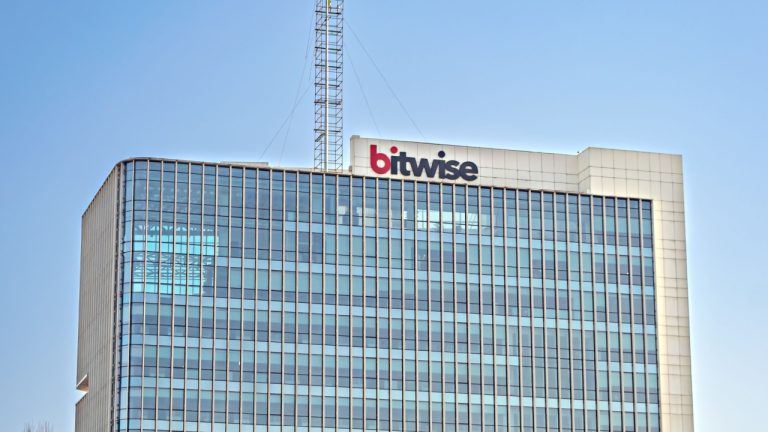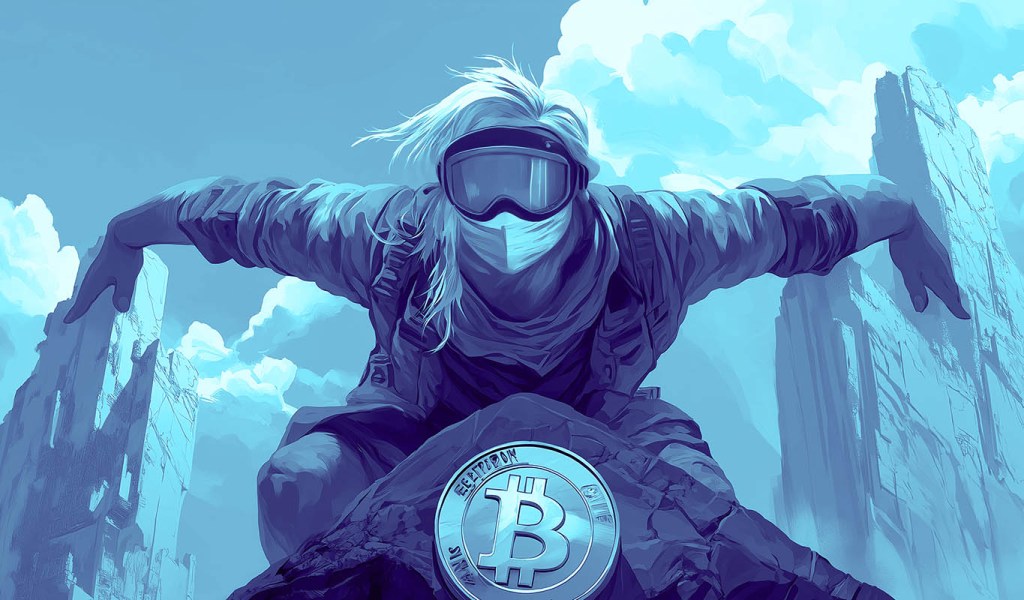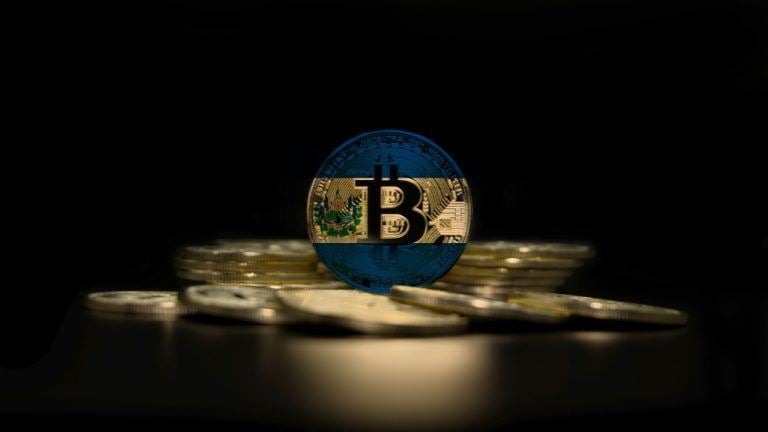
El Salvador’s Bitcoin day: The first of many or a one-off?

Thanks to El Salvador’s daring move, digital money looms large on global policymakers’ radars.
On Sept. 7, in a historic first, the small Central American nation of El Salvador adopted Bitcoin as legal tender.
The true significance of this day for how people all around the world exchange value and what meaning they ascribe to the concept of money will take quite some time to reify and be fully understood. Yet, what is already clear is that September 2021 will be up there next to January 2009 in the history books of the digitization of finance.
Surrounded by controversy, protests, bumpy infrastructure rollout — how else? — but also joy and optimism of millions globally who look at this great experiment with hope, the Bitcoin Day marked the first instance of a sovereign state making a decentralized digital asset its national currency. Was it a success, after all?
Politics in the background
A nation of under 7 million, El Salvador has long waived its claim for monetary sovereignty. In 2001, it ditched the colón, its national currency in use for more than a century, in favor of the United States dollar. The move made a lot of practical sense since the share of remittances — a good chunk of them coming from U.S.-based Salvadorans — in the country’s gross domestic product exceeded 16% at peak points.
At that time, the move by then-president Francisco Flores Pérez sparked protests and was condemned by detractors who claimed it was undemocratic and allegedly benefitted the bankers and the rich.
Two decades later, President Nayib Bukele — a forty-year-old who rose to power at the helm of a party called New Ideas — added another chapter to El Salvador’s monetary saga — this time, supplementing a foreign currency circulating in the country with another borderless one.
Much like 20 years ago, there has been backlash concerning the Bitcoin Law. However, the same polls that show a lack of support for Bitcoin (BTC) as a new means of payment suggest that a large share of Salvadorans have a limited understanding of what it is and how it will affect their lives.
Furthermore, in many cases, resentment toward Bitcoin can be linked to resentment toward Bukele, who, despite robust approval ratings, remains a divisive figure whose alleged autocratic tendencies concern some international observers.
In sum, there are good reasons to believe that there is no powerful ideological opposition to the concept of decentralized finance in El Salvador, and whatever pushback currently exists will likely dissipate further down the adoption curve — if implementation proves to be an ultimate success.
Bustle on the ground
Meanwhile, the somewhat rushed launch of the payments infrastructure was, expectedly, far from seamless. The government-run Chivo wallet went down for several hours, and some retail workers reportedly didn’t know how to process BTC payments. Soon after the launch, the president himself took on the role of customer support, tweeting updates on the state of the wallet service.
Yet overall, according to the accounts of those who were there to witness El Salvador making its first steps as a Bitcoin nation, things started to smoothen soon after a choppy start. Bart Mol, founder and host of the Satoshi Radio podcast, tweeted along his journey from Chivo ATMs that didn’t work to successfully performing Lightning transactions to pay for pizza and coffee at separate retail locations.
The overall feeling, Mol concluded, was that of “witnessing history.”
International response
Institutions of the global financial system seem less excited. The International Monetary Fund has been passive-aggressive about El Salvador’s Bitcoin Law since it passed early this summer. Perhaps, if this experiment yields favorable results, the IMF and other global financial bodies will come around?
Some legal professionals are skeptical about this prospect. During a Discord “ask me anything” (AMA) session with Cointelegraph Markets Pro subscribers last week, Cointelegraph general counsel Zachary Kelman opined that global financial institutions are unlikely to ever get on board with Bitcoin as national currency:
“The stated reasons (environment, transparency) for opposing El Salvador’s adoption of BTC are not the real reasons, which is the threat crypto poses to the established global political order and banking system. So, I don’t think these international bodies would ever be widely supportive of Bitcoin.”
Other nation-states, however, are watching closely. Granted, El Salvador’s position as the region’s remittances leader combined with its earlier experience in outsourcing the national money function to a foreign currency makes for a rare combination. Most other nations have higher bars to clear even if they could muster political momentum for making a decentralized money legal tender.
Still, the potential favorable effects of El Salvador’s move could nudge other countries to consider Bitcoin as a payment infrastructure more seriously. Amanda Wick, chief of legal affairs at blockchain analytics firm Chainalysis, told Cointelegraph that cryptocurrency is an ideal technology for remittances, and it is thus well-positioned to serve remittance-heavy economies:
“Many citizens [in El Salvador] do not have access to traditional financial services, and this could boost financial inclusion. These driving factors may provide insight into which countries may follow suit. We’ve found in our research that these are already popular use cases in countries across Latin America, Africa and Southeast Asia, in particular.”
The reported acceleration of other countries’ central bank digital currency research programs, the push to define crypto’s legal status in Ukraine, and discussions to make cryptocurrency a legal alternative payment method in Panama can all be seen as carry-over effects of El Salvador’s bold initiative.
Related: Slow to start: Crypto regulators lagging behind blockchain industry
Evidently, not every nation-state is in a position to embrace Bitcoin as the national currency, but virtually everyone has been prompted on Sept. 7 to reassess where they stand on the digital money map of the world.
Regardless of the outcome of the El Salvador experiment, the pioneering example of the Central American nation has already pushed cryptocurrency deeper into the mainstream political agenda than it could ever get without recognition by a sovereign state.
Go to Source
Author: Kirill Bryanov








